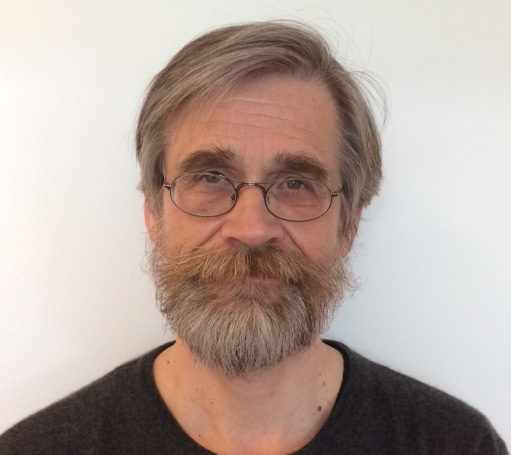Eivind Hovig's research group: Computational Cancer Genomics and Melanoma Systems Biology

The research group currently has activity within several areas:
Bioinformatics – related to, but not restricted to:
- Sequence analysis for cancer precision medicine, including the IMPRESS Norway national clinical trial, and the local and planned national InPreD infrastructure for precision diagnostics
- Solutions for variant annotation and knowledge mobilization for cancer diagnostics
- Leading the Oslo University Hospital bioinformatics core facility, and fitting into the ELIXIR national bioinformatics platform. We are contributing to and collaborate with regional ELIXIR node in Oslo, and with the Centre for Bioinformatics at the University of Oslo
- Developing the national DNA variant frequency database as requested by the Norwegian Ministry of Health and Care Services to the Regional Health Authorities
- Studies of human DNA variation in Norway in general, and in cancer settings
Wet-lab - The group currently has activity within several fields:
- Melanoma-related aspects, centering on the melanocyte master switch transcription factor MITF, where we have developed a reproducible model of transformation
- Heritable cancer, where we are characterizing the heritable cancer biobank of the Radium hospital, originally collected by Dr. Pål Møller and collaborators. We are using both genotyping and whole genome sequencing of several thousand samples in a collaboration with deCODE of Iceland. We are also participating in the international prospective Lynch syndrome collaboration, and where we are serving their PLSD database. Also, we have Pink ribbon funding from the Norwegian Association for Cancer Research for looking into the genetics of heritable breast cancer.
- Precision medicine-based approaches to treat prostate cancer and others, by combining wet and dry studies of chromatin dynamics, gene regulation, and bromodomain-containing proteins to understand their involvement in carcinogenesis and drug resistance.
- Autophagy in prostate cancer and melanoma, including the role of mammalian ATG8 proteins in autophagy of malignant and non-malignant cells.
- Mitochondrial DNA variation and heteroplasmy, including various methodological approaches.
